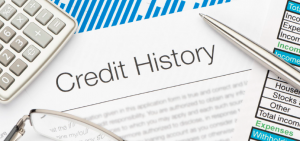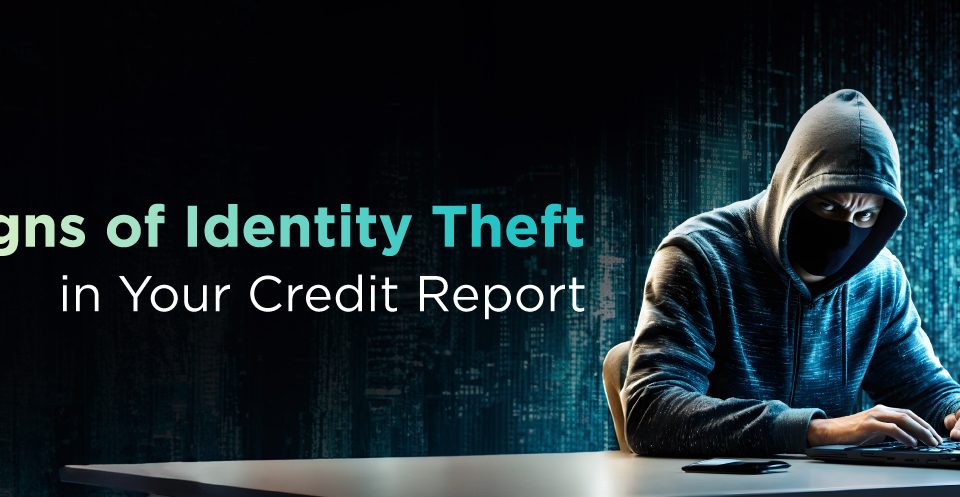
It might be hard to believe that so much of your financial well-being rides on a simple three-digit credit score. Yet, there’s nothing simple about the way the biggest financial institutions determine this number.
A bad credit score is no laughing matter; it’s tragic considering the power it has over your life. Even the low-end of a ‘fair’ credit score can do harm to your future, as your score is used by banks and lenders to determine your creditworthiness — too low of a score and your loan applications may be denied. Just a few bad decisions can lead you to a score that closes the doors to many essential financial opportunities.
If you’re worried that your financial habits are doing more harm than good, take a look at this guide and avoid these common mistakes.
Waiting Too Long to Build Credit
Since your very first credit card and student loan — one you may still be paying off decades later — you’ve been building your credit history. This is an account of the various financial products you’ve used in the past, and it acts as an official record of your performance as a borrower. Creditors will look at both the length and quality of the credit you’ve amassed, favoring older histories with positive instances of credit.
Many people hold off applying for things, thinking no credit is preferential to bad credit, but in many ways no credit can bar you from the same opportunities as bad credit. Though it may seem like a good rule of thumb to avoid loans and credit cards outside of your means to repay, waiting too long to start your history can also impact your score negatively. Organizations can’t determine your creditworthiness if you have no history.

Inconsistent Repayment Patterns
The due dates of your various bills are inflexible. You have until the date shown on your bill to send in your payment, and failure to meet these deadlines can affect your score negatively.
The longer your debt goes unpaid, the more damage it causes to your score until your creditor charges off. In a charge off, your creditor gives up on collecting what’s owed and writes off the amount as a loss. A charge off is one of the worst outcomes for your financial history. It indicates to others you have a problem meeting deadlines, and it
can last on your record for years.
Filing for Bankruptcy
Several charge offs will lead to this: the worst case scenario for those unable to pay their bills. For individuals, it involves a process whereby you appeal to the courts and prove you’re physically unable to repay your debts. Once your file is granted, you’ll have to liquidate your assets, including your house and belongings, in order to cover your debts. You may also have to sign an income payments agreement which promises wage garnishments to help pay off remaining debts.
Using Your Credit Irresponsibly
Credit utilisation is another dynamic affecting about one-third of your credit score. It reports on how you use your credit in a way that’s different from your repayment success rate. Utilisation reveals how much you rely on financial products like a credit card or personal line of credit.
The utilisation rate is determined by how much of a balance you maintain compared to its limit. Each loan in your name has its own rate which contributes towards your ratio of balance to available credit. The higher your balance, the more it affects your score negatively.

Closing Longstanding Accounts
Any longstanding account in good standing (for example, a credit card you never use with a large limit) will contribute to your overall history. When you close these accounts, you erase any of the good credit these cards have produced in your name. It will also disrupt your credit utilisation. Remember, this rate is determined by comparing how much you owe to the total credit limit at your disposal. By getting rid of a large line of credit or credit card, you lower your overall credit limit. Since your combined balances remain the same, your credit utilisation rate will increase.
Conclusion
However you manage your finances day to day, long term consistency earns you top marks as it proves to creditors you can handle your finances. If you’re guilty of these bad habits, chances are your credit score could use some improvement. Don’t worry — there’s a silver lining. Your score is an eternally revolving door. Eventually, even bankruptcy is wiped clean from your record. Determine what you need in order to pay bills on time, limit your credit utilisation, and maintain good accounts. Eventually, your three-digit number will work in your favor.




